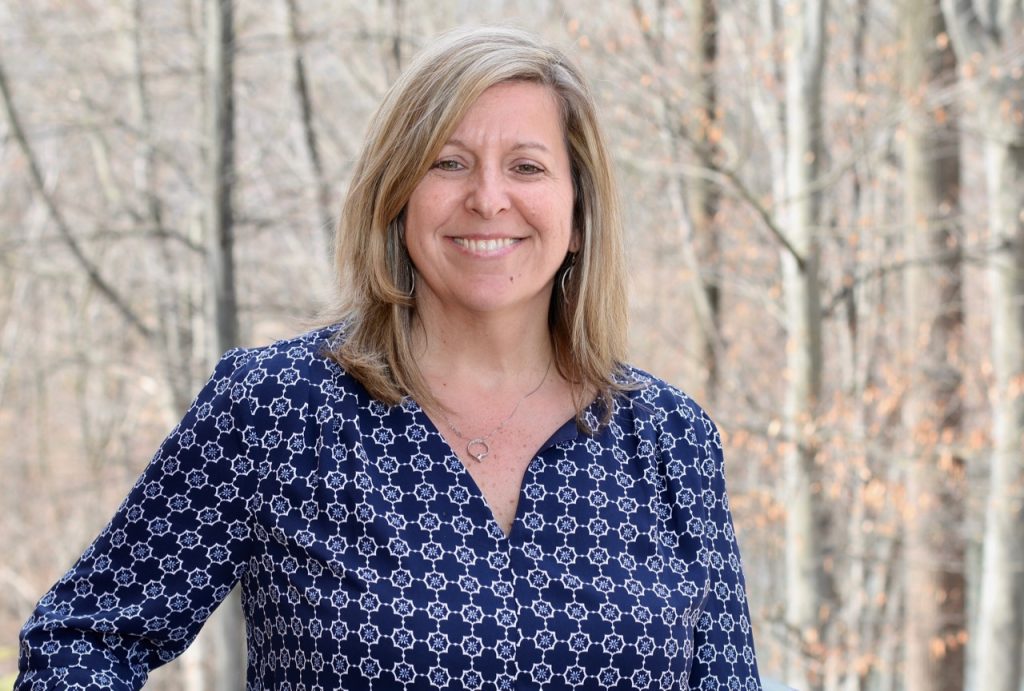Previously I’ve talked about the foundation’s partnership strategy to work with advocates of entrepreneurship-led economic development (ELED). The pandemic has been a real proof of this strategy — especially when it comes to organizations that are truly passionate about ELED. I’m amazed at what we’ve been able to accomplish in a short amount of time because of our partners.
In March when many states began issuing stay-at-home orders, our entrepreneurship team developed a new format for virtual CEO roundtables. This format differs from our existing in-person and online roundtables, which are geared for general business needs, by being a forum where second-stage business owners could voice their biggest and most immediate concerns about COVID-19 — and share best practices. In addition to this laser-like focus, we made some tweaks to our PeerSpectives protocol, and we compressed the timeframe to three two-hour sessions (in contrast to a longer commitment of several months for our standard tables.)

The response was incredible. Within a week, three of our key partners (Michigan Economic Development Corp., Louisiana Economic Development and GrowFL) had signed on, and by early June we were operating 10 roundtables with more than 120 participants. The swift implementation was not only a testimony to the depth of our relationship with these partners, but also reflected the close ties these organizations have with second-stage entrepreneurs. We didn’t even have to market the program. Because our partners are so trusted by their respective audiences, roundtable slots were filled within a few days, in some cases, hours.
As our first roundtable group wrapped up their engagement, they wanted to know what was next. In response, we decided to see if our leader retreats could be adapted to the virtual world. Dino Signore, our manager of entrepreneurial education, developed a new curriculum in very short order to help business owners understand how the brain naturally reacts to challenging times — and how they can think more clearly, gain control over emotions and make better decisions.
Our typical retreats at Big Rock Valley (BRV) span three days, but mindful of how long participants might be comfortable on Zoom, we structured the virtual retreat into two-hour segments spread over three days. Fingers crossed that the magic of our content would transfer across the Internet, we beta-tested the program with two groups of Louisiana business owners. It was a home run! In fact, many participants wanted to stay on longer than the designated two hours.
Since then we’ve run the virtual retreat with several groups, including those sponsored by the National Association of Women Business Owners and the Washington State Dept. of Commerce. And at our partners’ request, we’ve created a follow-up retreat that focuses on strategic thinking and planning.
It’s been a really exciting time for us. For one thing, the COVID-19 roundtables marked the first time our entire entrepreneurship team simultaneously collaborated on the same program. Everyone on the team pitched in, whether it was creating materials, facilitating discussion, producing the event or being a liaison with partners. And though somewhat stressful due to vast amount of work that had to be done in a short timeframe, it was also fun, and team members said they felt a new sense of unity and purpose.
It was also gratifying to be able to see how much value business owners derived from the virtual programs. For example, one roundtable member discussed his experience of being able to get a PPP loan faster from a small bank due to less infrastructure. This prompted another participant, who had been working with a large bank, to approach a smaller financial institution and quickly secure a loan. He later told us that the information shared by the other roundtable member probably saved his business.
So where do we go from here? Prior to the pandemic we didn’t have a lot of demand for virtual programming, except our System for Integrated Growth, which doesn’t revolve round peer learning. Yet now that business owners have become more comfortable collaborating online, that may change.
Obviously, online retreats can never replace the Big Rock Valley experience, where entrepreneurs get to enjoy our 2,000 acres of woodlands, prairies and rolling farmland, unique guest quarters and Chef José Ruiz’s culinary talents. Yet we’re excited to be able to deliver virtual programs that can still connect second-stage business owners. Peer learning — however and wherever it takes place — is a powerful phenomenon. When you get a group of entrepreneurs together, the answer to their problems is always in the room.
(Published June 17, 2020)
